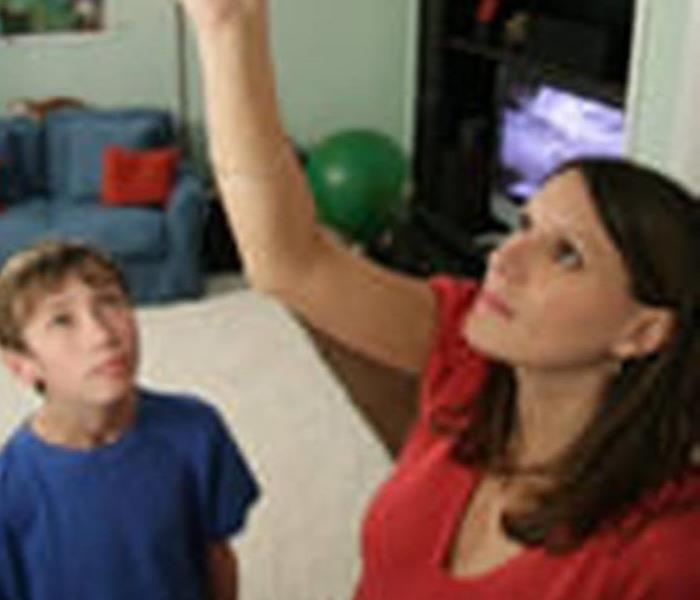Fire safety and prevention tips
8/3/2017 (Permalink)
BEFORE A FIRE
The following are things you can do to protect yourself, your family, and your property in the event of a
Fire:
SMOKE ALARMS AND CARBON MONOXIDE DETECTORS
- Install smoke alarms. Properly working smoke alarms decrease your chances of dying in a fire by half.
- Place smoke alarms on every level of your residence, including the basement.
- Install a working carbon monoxide detector in the common area of the bedrooms.
- Test and clean smoke alarms once a month and replace batteries at least once a year. Replace smoke alarms once every 10 years.
COOKING SAFETY
- Never leave cooking unattended.
- Always wear short or tight-fitting sleeves when you cook.
- Keep towels, pot holders and curtains away from flames
- Never use the range or oven to heat your home.
ESCAPING THE FIRE
- Have an escape plan. Review escape routes with your family.
- Make sure windows are not nailed or painted shut.
- Teach family members to stay low to the floor, where the air is safer, when escaping from a fire.
- In high-rise, never lock fire exits or doorways, halls or stairways. Never prop stairway or other fire doors open.
HEATING SOURCE
- Place space heaters at least three feet away from flammable/combustible materials.
- Use only the type of fuel designated for your space heater.
MATCHES/LIGHTERS AND SMOKING
- Keep matches/lighters away from children.
- Never smoke in bed or when drowsy or medicated.
- If you must smoke, do it responsibly.
ELECTRICAL WIRING
- Inspect extension cords for frayed or exposed wires or loose plugs
- Make sure outlets have cover plates and no exposed wiring.
- Make sure wiring does not run under rugs, over nails, or across high traffic areas.
- Do not overload extension cords or outlets.
ASK THE FIRE DEPARTMENT TO INSPECT YOUR HOME FOR FIRE SAFETY AND
PREVENTION
DURING A FIRE
If your clothes catch on fire, you should:
- Stop, drop, and roll until the fire is extinguished.
DO NOT PANIC
- Do not assume someone else already called the fire department get out of the house then call the Fire Department.
ESCAPE A FIRE
- Check closed doors with the back of your hand to feel for heat before you open them.
- If the door is hot do not open it. Find a second way out, such as a window. If you cannot escape through a window, hang a white sheet outside the window to alert firefighters to your presence.
- Stuff the cracks around the door with towels, rags, bedding or tape and cover vents to keep smoke out.
- If there is a phone in the room where you are trapped, call the fire department again and tell them exactly where you are.
- If the door is cold slowly open it and ensure that fire and/or smoke is not blocking your escape
Route. If your escape route is blocked, shut the door and use another escape route.
- If clear, leave immediately and close the door behind you. Be prepared to crawl.
AFTER A FIRE
- Once you are out of the building, STAY OUT! Do not go back inside for any reason.
- If you are with a burn victim or are a burn victim yourself call 911, cool and cover your burns until emergency units arrive.
- If you are a tenant contact the landlord.
- Tell the fire department if you know of anyone trapped in the building.
- Only enter when the fire department tells you it is safe to do so.






 24/7 Emergency Service
24/7 Emergency Service
